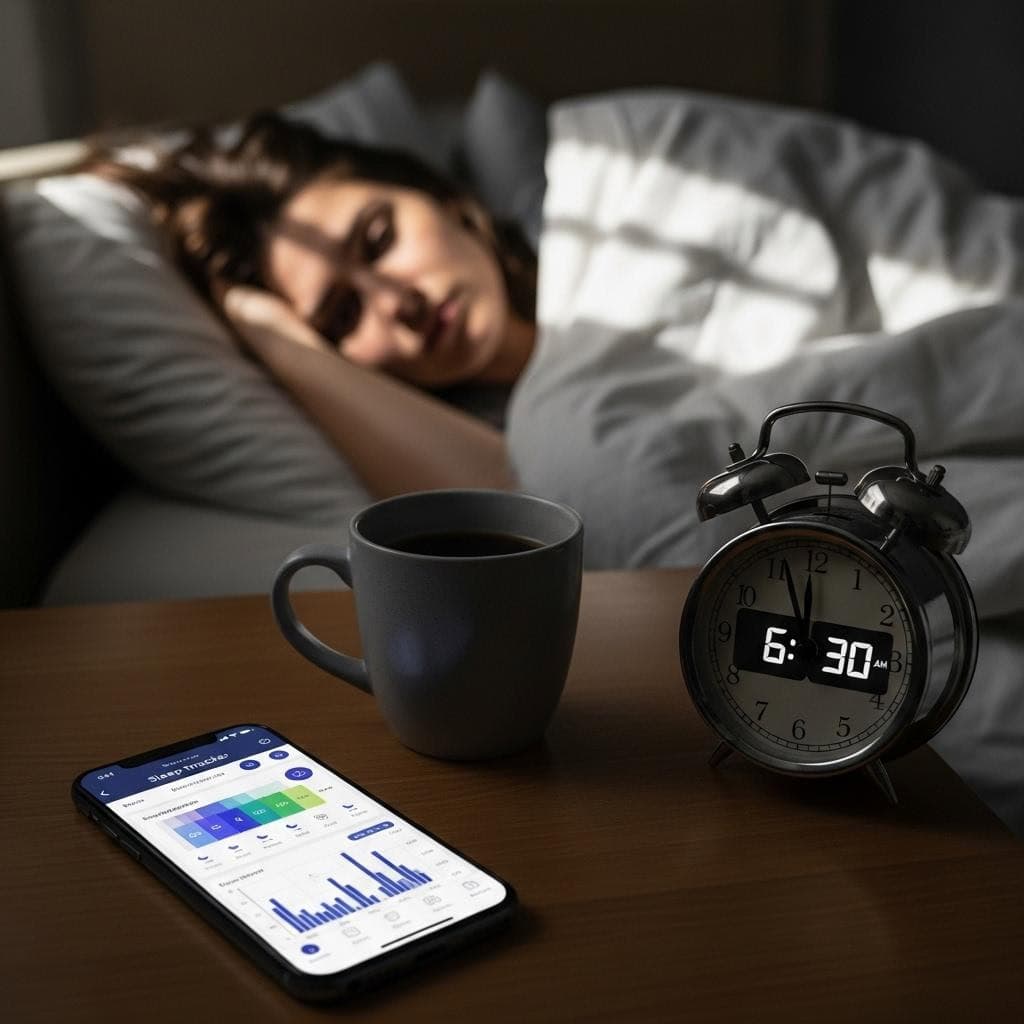In today’s fast-paced world, many people struggle to keep up with mounting tasks, frequent distractions, and the pressure to perform at their best. Despite popular belief, burning the midnight oil often leads to diminishing returns. Research has shown that insufficient sleep impairs cognitive function, making it harder to focus, solve problems, and think creatively.
Understanding the relationship between healthy sleep habits and productivity can transform the way we approach daily challenges. By prioritizing rest, individuals not only enhance their attention and efficiency but also unlock greater creativity and resilience throughout the day. Optimizing sleep is more than self-care—it’s a powerful tool for achieving personal and professional success.









